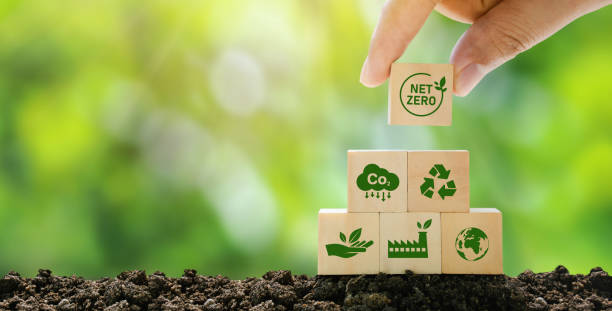
Microsoft Purchases Carbon Removal Credits from CO280
In a bold move to accelerate its journey toward carbon neutrality, Microsoft has announced the purchase of 3.7 million metric tons of carbon removal credits from CO280, a pioneering project developer focused on carbon capture in the pulp and paper industry.
This purchase spans 12 years and covers the emissions from CO280’s first carbon capture project at a paper mill on the Gulf Coast. The facility is slated to begin capturing CO2 emissions by 2028, marking a significant step in both Microsoft’s sustainability efforts and CO280’s broader mission to reduce emissions in one of the world’s most carbon-intensive industries.
Microsoft’s purchase of these credits is a key part of the company’s ambitious goal to become carbon-negative by 2030—removing more carbon from the atmosphere than it emits. However, this is no small feat. In 2023, the tech giant generated 17.1 million metric tons of greenhouse gases, making the task ahead even more challenging.
To reduce its carbon footprint, Microsoft has been heavily investing in renewable power and entering into carbon removal agreements. These agreements are designed to help offset the emissions Microsoft can’t eliminate through renewable energy alone. This latest purchase from CO280 fits perfectly into that strategy, allowing Microsoft to offset some of its harder-to-reduce emissions.
To capture these emissions, CO280 is teaming up with SLB Capturi, a joint venture between SLB (formerly Schlumberger) and Aker Carbon Capture. Their carbon capture system will be based on the widely used amine-based technology and integrated with a recovery boiler at a large paper mill. Recovery boilers play an essential role in recycling chemicals during production, but they also release large amounts of carbon locked in the wood fibers used in the paper-making process.
Typically, this carbon would be released into the atmosphere, but by capturing it, the facility will effectively remove carbon from the air—since trees absorb carbon dioxide through photosynthesis.
Once the CO2 is captured, it will be piped 40 miles to a saline aquifer for long-term storage. The first phase of the project will remove approximately 40% of the biogenic CO2 released by the mill and 30% of the total CO2 emitted, including from fossil fuels used to power the facility. CO280 plans to expand the project to double these figures in the near future.
This partnership with Microsoft is not CO280’s first venture into the carbon credit market. CO280 has previously sold credits to Frontier, a carbon removal initiative supported by major tech companies like Stripe, Google, Shopify, and Meta.
As companies like Microsoft continue to push for carbon neutrality, projects like CO280’s carbon capture technology play an essential role in helping both tech giants and industrial sectors meet their emissions reduction goals.
